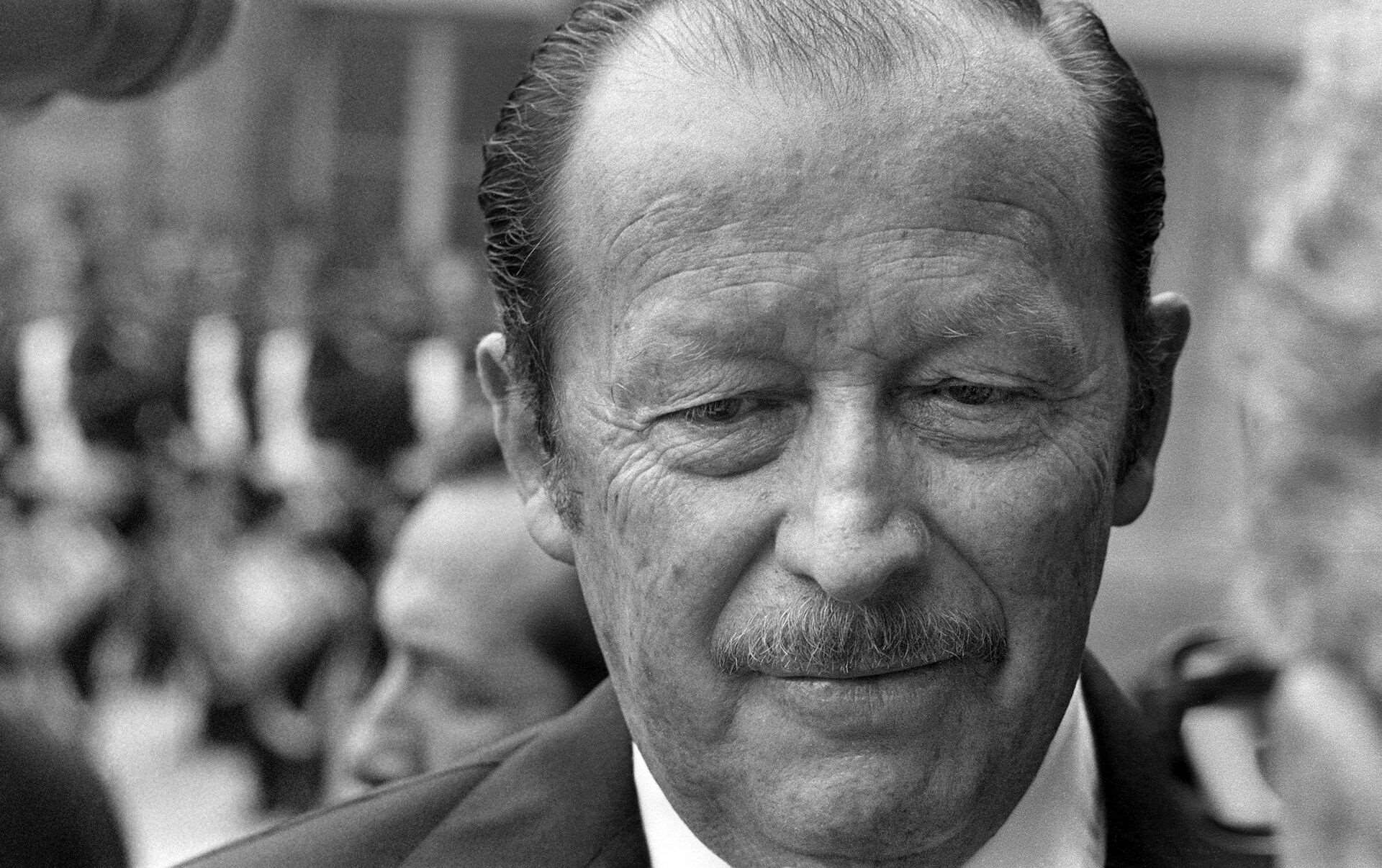
Alfredo Stroessner was a highly influential and controversial figure in Paraguayan history. Serving as the President of Paraguay for a staggering 35 years, from 1954 to 1989, he left an indelible mark on the country and its people. Stroessner’s regime was characterized by authoritarian rule, human rights abuses, and rampant corruption.
However, beneath the facade of power and control, there are a number of enigmatic facts about Alfredo Stroessner that shed light on his complex personality and the intriguing dynamics of his rule. From his connection to Nazi war criminals to his extravagant lifestyle, these little-known details add another layer to the already mysterious persona of Paraguay’s longest-serving leader.
In this article, we will delve into 14 enigmatic facts about Alfredo Stroessner that will provide a deeper understanding of the man behind the dictator’s mask.
Key Takeaways:
- Alfredo Stroessner ruled Paraguay for a really long time, and his government was very controlling and did bad things to people who disagreed with him.
- Even though Stroessner’s regime brought economic growth, it also caused a lot of problems, and Paraguay is still dealing with the impact of his rule today.
Longest Ruling Dictator in Paraguay
Alfredo Stroessner holds the record for being the longest ruling dictator in Paraguay’s history, having taken power in 1954 and holding onto it until 1989.
Rise through the Military
Stroessner started his career in the military and eventually rose to the rank of general. His position in the military played a crucial role in his ascent to power.
Authoritarian Regime
During Stroessner’s regime, Paraguay was characterized by a repressive and authoritarian government that controlled every aspect of society.
Human Rights Abuses
Stroessner’s rule was marred by widespread human rights abuses, including censorship, torture, and disappearances of political opponents.
Assassination Attempts
Throughout his time in power, Stroessner survived numerous assassination attempts, highlighting the level of opposition and discontent against his regime.
Cult of Personality
Stroessner cultivated a cult of personality, with his image and propaganda dominating public spaces and media in Paraguay.
Corruption and Nepotism
Stroessner’s regime was plagued with corruption and nepotism, with many of his family members and close associates holding positions of power.
Economic Growth
Despite the political repression, Stroessner’s regime oversaw a period of economic growth in Paraguay, mainly through investments in agriculture and foreign aid.
Alliance with the United States
Stroessner maintained a close alliance with the United States, positioning Paraguay as an anti-communist stronghold during the Cold War.
Exile and Trial
Stroessner went into exile in Brazil after being overthrown in a coup in He lived there until his death in 2006, facing charges of human rights abuses and corruption.
Legacy of Division
The legacy of Stroessner’s rule continues to divide Paraguayan society, with some acknowledging his economic achievements while condemning his authoritarian methods.
Symbolic Power
Stroessner’s name and legacy still hold symbolic power in Paraguay, with some factions expressing nostalgia for his rule and others seeking justice for the crimes committed under his regime.
Investigation and Historical Memory
Efforts are ongoing in Paraguay to investigate the human rights abuses committed during Stroessner’s rule and preserve the historical memory of that era.
Impact on Paraguay’s Democracy
Stroessner’s dictatorship had a significant impact on Paraguay’s transition to democracy, leaving behind a complex political landscape that the country continues to navigate.
Conclusion
Alfredo Stroessner was indeed an enigmatic figure, leaving behind a legacy that continues to fascinate people to this day. From his long and controversial rule as the President of Paraguay to his alleged involvement in human rights abuses, Stroessner’s life and actions remain shrouded in mystery.
Despite his authoritarian rule, Stroessner implemented economic policies that led to stability and growth in Paraguay. However, his regime was marked by censorship, political repression, and corruption, causing suffering for many Paraguayans.
Today, Stroessner’s era serves as a reminder of the complexities of political power and the importance of upholding human rights. By studying figures like Stroessner, we can gain a deeper understanding of the impact that leaders can have on a nation and its people.
FAQs
1. Who was Alfredo Stroessner?
Alfredo Stroessner was the President of Paraguay from 1954 to 1989. He ruled with an authoritarian hand and his regime was characterized by censorship, repression, and human rights abuses.
2. What were some of the highlights of his rule?
Stroessner’s rule was marked by economic stability and growth in Paraguay. He implemented policies that attracted foreign investment and industrial development. However, his regime was marred by corruption and political repression.
3. Did Stroessner face any opposition during his rule?
Stroessner faced opposition from various political groups and individuals who opposed his authoritarian rule. Many activists, journalists, and politicians were targeted and persecuted under his regime.
4. What is Stroessner’s legacy?
Stroessner’s legacy is a complex one. While some credit him with stabilizing the Paraguayan economy, others condemn his regime for its human rights abuses and suppression of dissent. His rule serves as a reminder of the delicate balance between economic prosperity and political freedom.
5. What happened after Stroessner’s rule ended?
After Stroessner was overthrown in 1989, Paraguay transitioned to a democratic form of government. The country continues to grapple with the legacy of his rule and works towards building a more inclusive and transparent society.
Was this page helpful?
Our commitment to delivering trustworthy and engaging content is at the heart of what we do. Each fact on our site is contributed by real users like you, bringing a wealth of diverse insights and information. To ensure the highest standards of accuracy and reliability, our dedicated editors meticulously review each submission. This process guarantees that the facts we share are not only fascinating but also credible. Trust in our commitment to quality and authenticity as you explore and learn with us.
